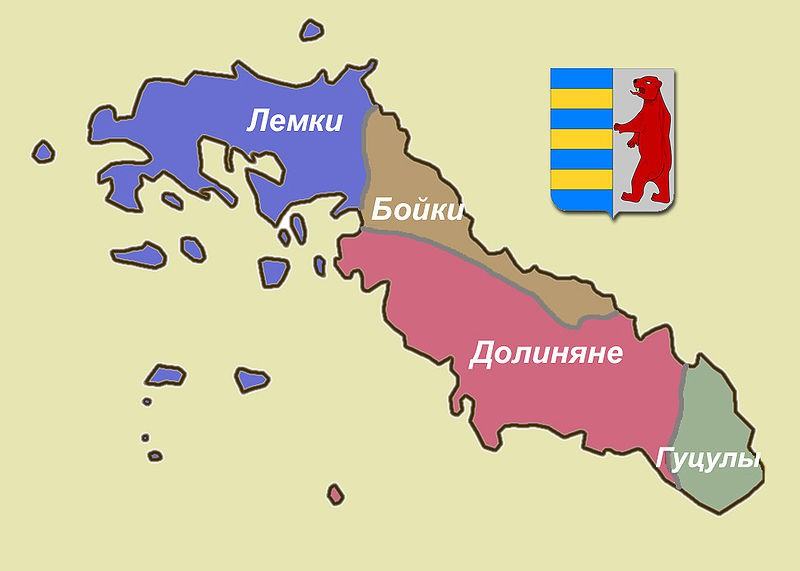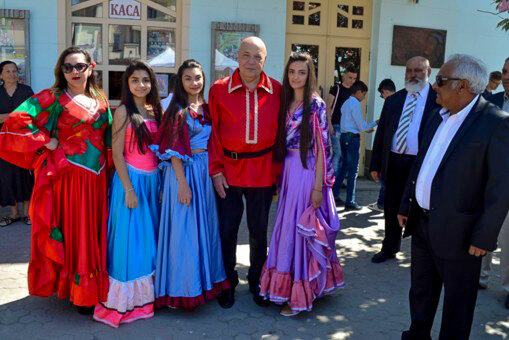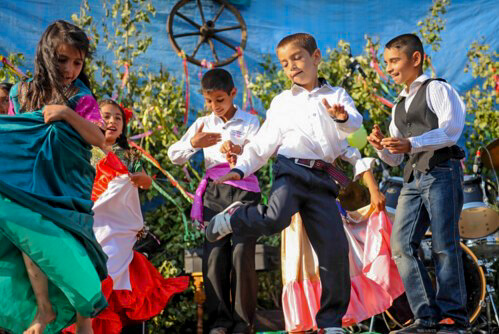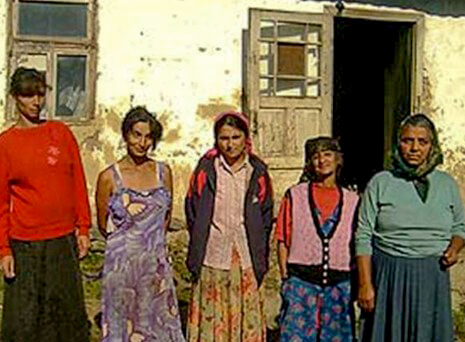Transcarpathian Rums, more than known as Gypsies, they have long lived in the towns and villages of the plains and foothills. In Transcarpathia, there are from 20 to 40 thousand Rums. Most of them live in the so-called camps on the outskirts of cities and villages. This is a result of their marginal position in society and rigid policies in relation to them almost all the political regimes that dominated in the Carpathian region.
Значна частина закарпатських ромів протягом всієї своєї історії добували засоби до існування beggar, horse theft and petty theft.

The significant presence of Gypsies at railway stations, on trains and in markets is also due to a pattern of behavior that has persisted since the days of nomadism: constant movement, and almost no interest in their own housing.
Rums are socially heterogeneous and can be divided into several groups: Gypsy musicians, who play in cafes and restaurants; artisans, who are divided into a higher group-blacksmiths, shoemakers; middle-masters of wood carving, masters of weaving baskets and wreaths, and lower – masters of making Adobe (raw bricks). A separate social group is represented by Roma-zarobitschane, who quite often having dual citizenship (except for Ukrainian they usually have a Hungarian or Romanian passport) are freely employed for seasonal or permanent work in the EU countries. At the top of the Roma community is a Baron who protects the interests of the Roma in relations with the authorities.

Today, the number of Roma children born is much higher than that of other nationalities in Transcarpathia. However, the problems of illiteracy of many representatives of the Roma population and their lack of identity documents remain significant. Most of the Roma do not work anywhere and survive on social payments and collecting waste paper and scrap metal. Due to the demographic explosion of the Roma population, the standard of living of the vast majority of Roma is declining. Roma youth are often drawn into criminal structures without finding work. One of the ways to overcome the social and economic problems of Roma could be to involve them in development projects tourist industries of our region. In this regard, the innate musical abilities and easy comprehension of foreign languages by Rums have become useful.







